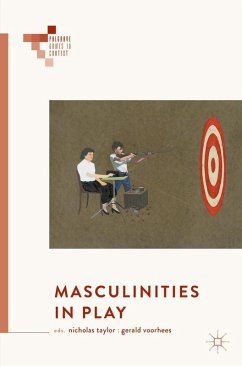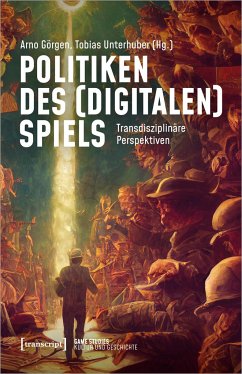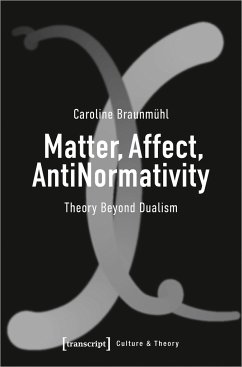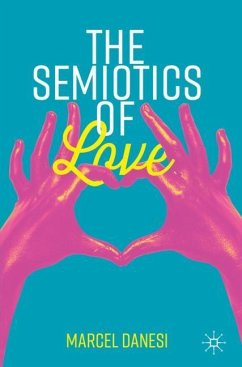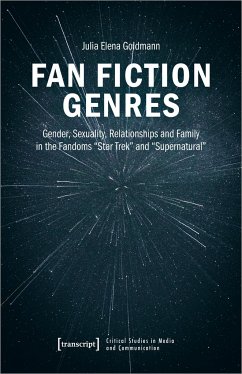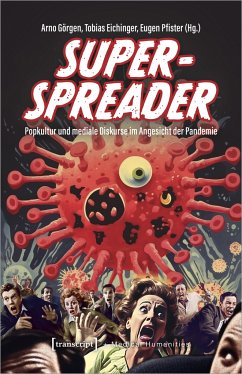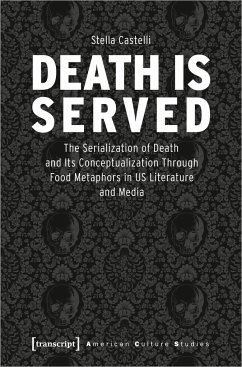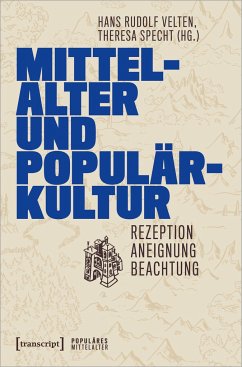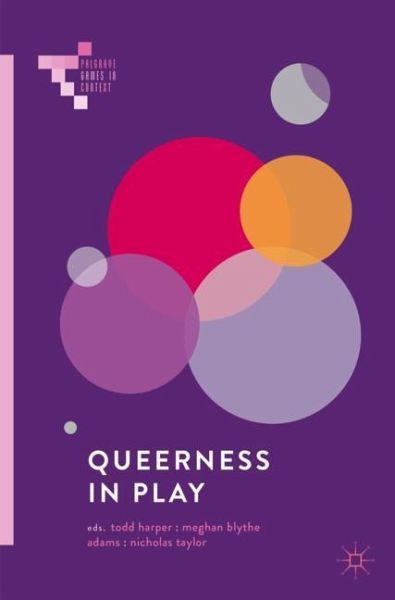
Queerness in Play

PAYBACK Punkte
16 °P sammeln!
Queerness in Play examines the many ways queerness of all kinds-from queer as 'LGBT' to other, less well-covered aspects of the queer spectrum-intersects with games and the social contexts of play. The current unprecedented visibility of queer creators and content comes at a high tide of resistance to the inclusion of those outside a long-imagined cisgender, heterosexual, white male norm. By critically engaging the ways games-as a culture, an industry, and a medium-help reproduce limiting binary formations of gender and sexuality, Queerness in Play contributes to the growing body of scholarshi...
Queerness in Play examines the many ways queerness of all kinds-from queer as 'LGBT' to other, less well-covered aspects of the queer spectrum-intersects with games and the social contexts of play. The current unprecedented visibility of queer creators and content comes at a high tide of resistance to the inclusion of those outside a long-imagined cisgender, heterosexual, white male norm. By critically engaging the ways games-as a culture, an industry, and a medium-help reproduce limiting binary formations of gender and sexuality, Queerness in Play contributes to the growing body of scholarship promoting more inclusive understandings of identity, sexuality, and games.




